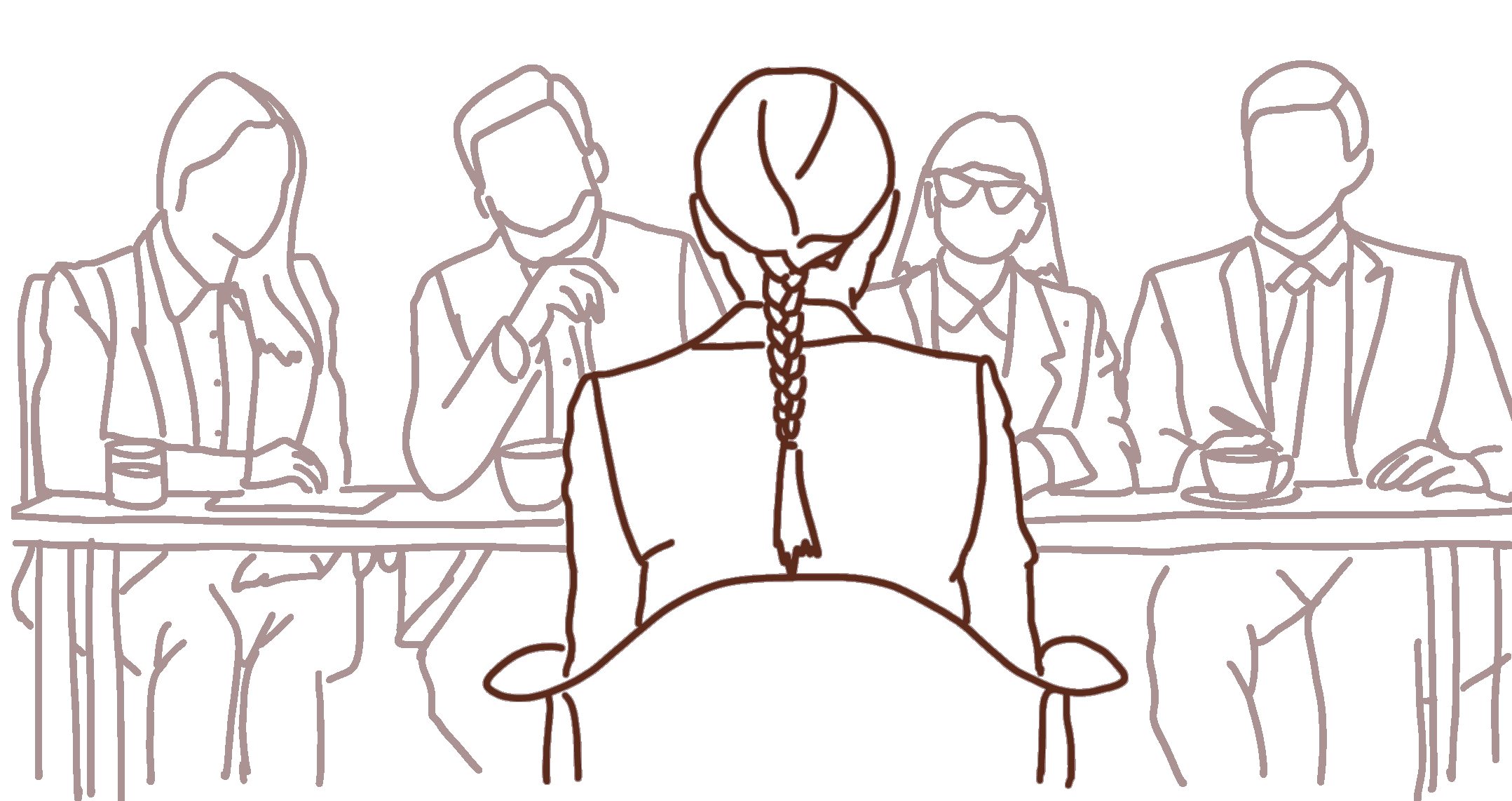We had the pleasure of interviewing Alessandro Parente, Professor at the Aero-Thermo-Mechanical Department of the Université Libre de Bruxelles (ULB) and frequent member of juries for the FRIA and FNRS fellowships. He talked with us about his experience as a jury member and he gave us some precious tips for students preparing for this type of scholarships.
“It is frustrating for the jury to get to the end of the presentation without having heard what the student wants to actually do.”
What is one of the most common issues of applicants in the interview for these fellowships?
We often see cases of students who focus too much on the context and end up not clearly stating the research question of their project. The context is important: the jury is wide, the topic should be accessible and a well introduced context raises the interest. But then the research objective has to come and it shouldn’t be too late in the presentation. It is frustrating for the jury to get to the end of the presentation without having heard what the student wants to actually do. Even if the research is applied, it is always important that the jury sees that there is a fundamental question to be addressed.
“There can be one or several research questions. Juries appreciate that students are aware of them while being realistic”
Do you like to see it in the form of question or does a statement also work?
Both are fine, as long as it is well formulated and clear. It should be adequately framed and stressed to increase clarity.
There might be a project that has a single, clear research question with several subquestions. On the other hand, in more applied or newer fields, there may be several fundamental questions to address. In such case, it is appreciated by the jury members that the students are aware of them, while being realistic and knowing that they may only be able to address a part of the issue during their PhD. They should however have a properly defined, explicit research approach.
In our trainings (and in our blog) we encourage students to be specific. Do you think that this is also an issue, the lack of specificity?
Yes it is. I have seen cases of projects that are interesting, the frame is compelling, it’s multidisciplinary, it tackles societal challenges which are relevant… but then it’s not clear what the student will actually do: the ‘how’ is missing.
The three questions: ‘why’, ‘what’ and ‘how’ may initially seem obvious but, in practice, applying them is not that easy. Following these questions has actually changed the way I write proposals myself.
You should never assume that people know what you are talking about because what you do as part of your PhD is probably narrow with respect to the technology and knowledge available in the world. You need to explain WHY your research is relevant and WHY it hasn’t been tackled by someone else before, WHAT you will bring and HOW you will bring it.
“Students tend not to be specific enough in their proposals when they want to include too many things”
This is a problem that appears over and over in proposals; it usually comes when the applicants want to include too many things. Space is generally limited: if you include too many ‘whats’, you won’t have room to explain how you will do everything. I’m not saying that students don’t know how they will do it but they just don’t write it down. It happens even to experienced researchers. For example, they may say: I will perform Computational Fluid Dynamics simulations. This is not enough though, you need to more specifically explain what techniques/software you will use, why you will use them, what assumptions you will consider; i.e., a bit of the methodology. Nobody expects that in a proposal you are specific to the level of an article but you still have to be specific. Otherwise, as a jury member, you easily detect that there is some kind of advertising.
“Attitude is something that
you cannot change for an interview…
but you can work on it.”
Some students get very nervous for the interview. What would you tell them? How should they face the interview?
A jury member once internally mentioned that a certain student was sure but not arrogant. These are two simple words but they say a lot. Attitude is something that you cannot change for an interview, but you can work on it.
We see sometimes people who try to ‘fake’ an unpleasant awareness of themselves. On the other hand, there are very shy students that become even more introvert due to stress. If I have to give an advice here is that something that is appreciated is that we are besides the ‘show-time’: jury members don’t want to see shows.
Students may believe that they must be brilliant at all costs; but, for example, it’s perfectly OK to take their time and think before they answer the questions. I remember a very well-ranked student who was really calm, when you asked a question he took his time, he sometimes even asked to repeat the question or to clarify it. His answers were profound… All this was very well perceived by the jury.
In general, as an applicant, you should show (and this may seem easy but it’s not) that you are well aware of your project. It might be part of a research group dynamic or strategy, or a collaboration with other organisations. What’s most important is that there is a part of you in the project, and that the jury sees this.
“Jury members ask more and more to students because they also write more and more in their applications.
It’s a vicious circle”
That’s actually one of the fears that applicants to these fellowships have. To appear as if they are not enough for the project/fellowship.
That also has to do with not overdoing it. I have the impression that jury members ask more and more to students, but because they also write more and more in their applications. It’s a vicious circle: students think they have to put more in the proposal to stand a chance. However, then the jury will actually feel the right to ask and expect that they know everything they wrote about. If in your writing, you give the impression that you can do everything, you risk that the other side will ask you to be as rigorous during the interview, which is generally not possible. The students are (usually) fresh-graduates, not top experts in their subjects already.
Precisely because of this it might be difficult for new PhD students to defend a project that they have just started, they may have issues feeling it’s somehow theirs.
This is indeed a delicate issue. Sometimes, as a jury member, you have the impression that the proposal is written by the supervisor, based on a bigger project and ‘scaled-down’ to fit the PhD. It is usually easy to identify these cases: there is too much information and not a clear message.
“Something I have learnt from this FRIA experience is that there is a pedagogical gain whether the student gets the fellowship or not”
As a supervisor of FRIA candidates myself, I always let them start preparing their proposal and presentation. Something I have learnt from this FRIA experience is that there is a pedagogical gain whether the student gets the fellowship or not. You give them a month to focus on just a plan of their project: it’s a very effective way for them to fully understand their tasks in the following years. It doesn’t necessarily mean that these tasks are fixed: they may evolve throughout the PhD, but the student already has a timeline in place from the start. As a supervisor, you can then jump in and give them feedback. Still, they are the ones starting the process. We should stress it more to our students, that whether they get or not the fellowship, they will certainly gain something in the process.


